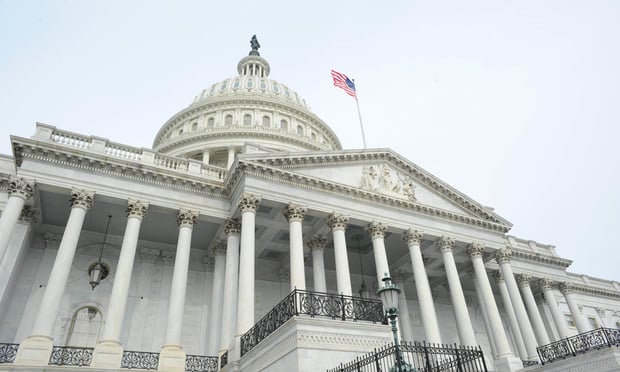More details about the opening of Second Federal Credit Union in Chicago have come to light.
Particularly how replacing a failed, 130-year-old thrift with a federal credit union testifies to the steadfastness and optimism of the institution's organizers who persisted in the face of apparent failure.
When the Great Recession carried away the Second Federal Savings and Loan in 2010, community leaders recognized that the potential financial catastrophe for Chicago's low income and underserved southwest side.
“Even though it was a savings and loan, Second Federal had really acted like a community development credit union, like a CDCU,” explained Randy Chambers, chief financial officer at the 40,000-member, $586 million Self-Help Credit Union in Durham, N.C., who headed up the effort to replace the failed thrift with a division of the Self-Help Federal Credit Union, a Self-Help CU subsidiary in Oakland, Calif.
Second Federal had long made a point of helping the waves of different immigrant groups which have moved through the area during its history, often changing its staff and culture to meet the needs of the latest group, Chambers recounted.
In each case, the thrift had provided the members of the newest-arriving population their first steps into financial services and their very first loans, including housing loans. As the latest group is primarily from Latin America and Mexico, many of Second Federal's staff was bilingual, Chambers said.
But as necessary working with immigrant groups was, it was that exposure, Chambers said, which in the end had helped overwhelm the thrift.
“In other parts of the country, the Great Recession took unemployment up to 10%” Chambers said. “But in this community it was already at 10% and the Great Recession took it to 20%.”
When the thrift failed, Chambers said Self Help FCU partnered with a community organization which had a lot of experience working with area residents to buy the thrift's portfolio of more than 1,100 home loans worth roughly $141 million.
But while the purchase protected the homeowners from the impacts of potential foreclosures, it was really on a partial victory, Chambers explained. Self-Help FCU had been in negotiations with the FDIC to also take the bank's deposit accounts as well, but those had fallen through.
Despite the setback, Chambers said Self-Help FCU and the Resurrection Project kept working with both the FDIC and the bank which had taken the deposits and when it became clear that the fit between the areas depositors and the new bank was not the best, Chambers said Self-Help made another offer and this time the offer was accepted.
But that was not the end of the challenges. Even though the credit union obtained the housing finance loans at a discount, there were about 200 of the notes that were in delinquency and whose homeowners needed help with restructuring or refinancing the loans.
The credit union also welcomed the 13,000 additional depositors, but Chambers noted that their deposits arrived with no additional net worth attached. Fortunately, the John D. and Catherine T. MacArthur Foundation provided $15 million of secondary capital to support the Second Federal acquisition.
“Buying the loans at a discount from the FDIC made sure that we wouldn't have losses, but unlike a normal merger with a healthy institution, the $150 million or so of deposits came with $0 net worth,” Chambers explained.
But it also meant that those 13,000 depositors needed to become members of the credit union, and fortunately the vast majority of them have done so by joining an association which is the primary sponsor of Self-Help Credit Union and which offers credit union membership
“Keeping Second Federal in the community as a viable, ongoing financial institution is a crucial part of helping our residents weather the recession and keep moving forward,” explained Resurrection Project CEO Raul Raymundo.
© 2025 ALM Global, LLC, All Rights Reserved. Request academic re-use from www.copyright.com. All other uses, submit a request to [email protected]. For more information visit Asset & Logo Licensing.







